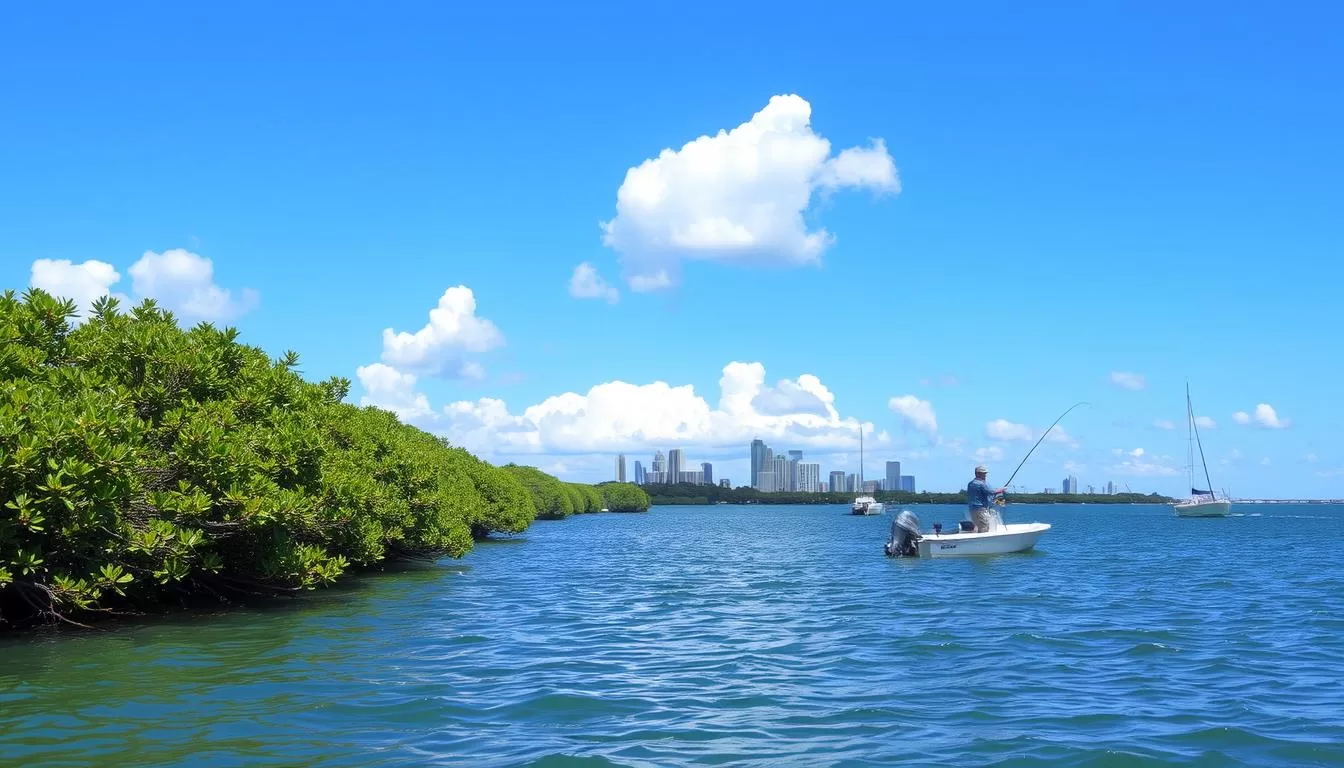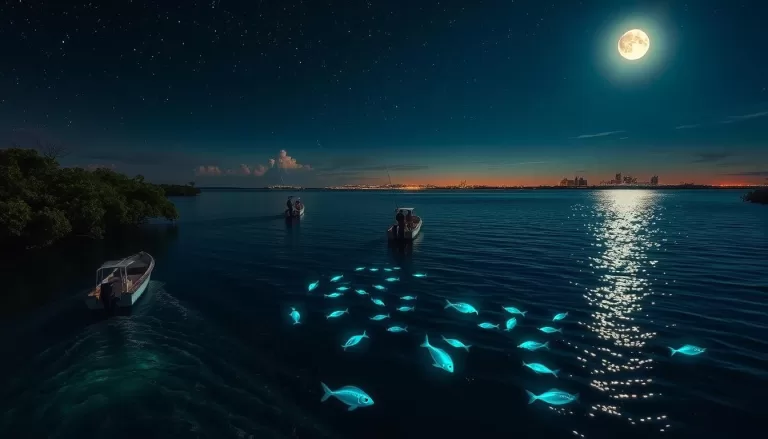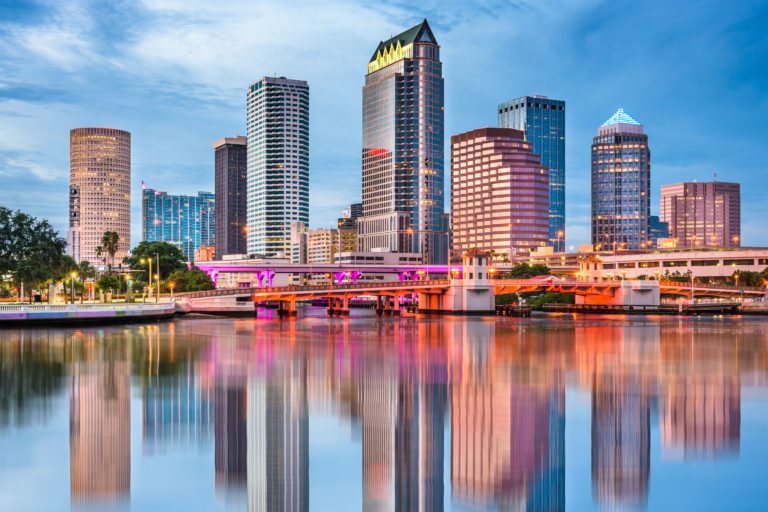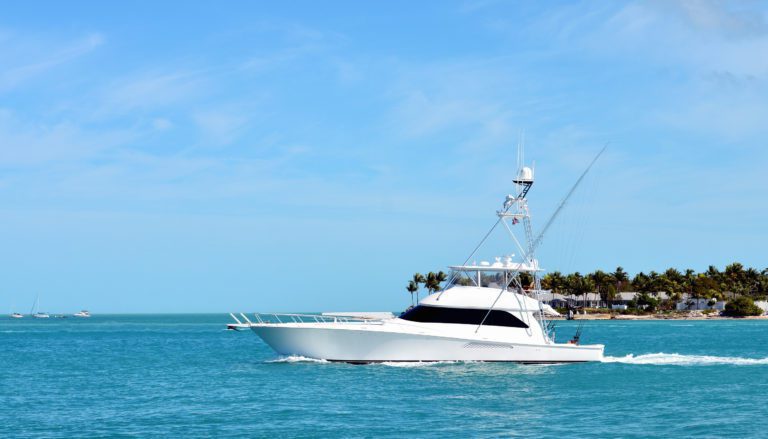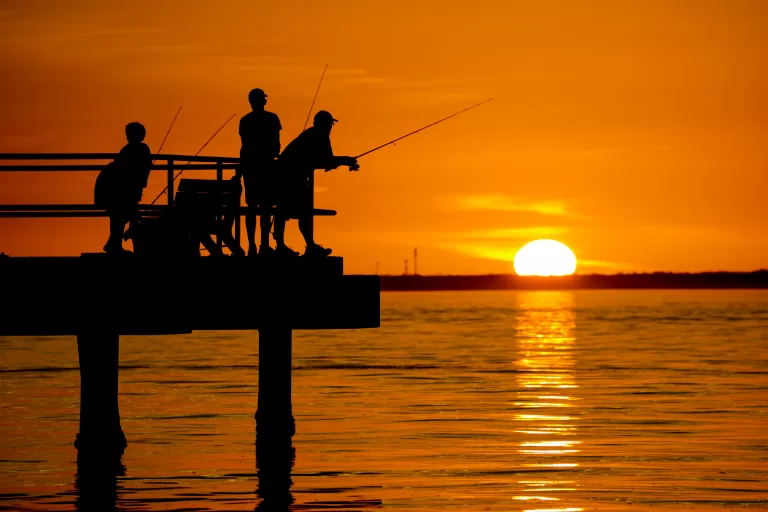Explore Mangrove Fishing in Tampa Bay: A Must-Try Experience
What makes Tampa Bay fishing special, and how can you enjoy it in the mangrove ecosystem? Tampa Bay is famous for its great fishing. As you read here, you’ll find the tools needed to catch fish in beautiful mangrove scenery around Tampa Bay.
Fishing in Tampa Bay is an experience you won’t forget. It combines the fun of catching fish with nature’s beauty. The mangroves in Tampa Bay are home to many species of fish, making it a top spot for fishing.
Key Takeaways
- Experience the unique thrill of Tampa Bay fishing in the mangrove ecosystem
- Discover the diverse range of fish species that call the mangroves home
- Explore the stunning scenery of Tampa Bay’s mangrove ecosystem
- Learn about the importance of the mangrove ecosystem in Tampa Bay
- Find out why Tampa Bay is a must-visit destination for fishing enthusiasts
Understanding Tampa Bay’s Mangrove Ecosystem
The mangrove ecosystem in Tampa Bay is unique and vital. It’s a complex network of mangrove trees, roots, and branches. This habitat supports a wide range of fish species, making it great for anglers.
There are several mangrove species in Tampa Bay, each with its own features. The red mangrove has distinctive prop roots that fish call home. The black and white mangroves also support a variety of marine life. Anglers should choose their fishing gear based on the mangrove ecosystem they’re in.
- Abundant food sources, such as mangrove leaves and seeds
- Complex network of roots and branches, providing shelter and protection from predators
- Unique habitat features, such as prop roots and pneumatophores, that support a diverse range of marine life
Understanding the mangrove ecosystem is crucial for anglers. It helps them use the right fishing gear and techniques. This approach not only conserves the ecosystem but also ensures fish populations remain healthy in Tampa Bay.
Essential Gear for Mangrove Fishing in Tampa Bay
For a great time mangrove fishing in Tampa Bay, you need the right fishing gear. A medium to heavy-action rod and reel combo is best. Use a monofilament or fluorocarbon line that’s at least 10-15 lb test weight. The lure or bait you choose depends on the fish you’re after, but jigs, spoons, and live or artificial baits are popular.
To catch more fish, knowing fishing techniques and having the right gear is key. Make sure your tackle box has:
- Polarized sunglasses to reduce glare and spot fish
- A fishing net to land your catch safely
- A first-aid kit in case of emergencies
With the right fishing gear and fishing techniques, you’re set for a great mangrove fishing trip in Tampa Bay. Always handle fish gently and consider catch-and-release fishing to protect the mangrove ecosystem.
With the right gear and techniques, you’ll feel confident in the mangrove waters. You’ll have a better chance of catching different species. Whether you’re experienced or new to fishing, mangrove fishing in Tampa Bay is an adventure you’ll love.
| Gear | Description |
|---|---|
| Rod and Reel Combo | Medium to heavy-action spinning or baitcasting |
| Fishing Line | Monofilament or fluorocarbon with 10-15 lb test weight |
| Lures and Baits | Jigs, spoons, live or artificial baits |
Best Techniques for Mangrove Fishing Success
To catch fish in the mangroves, you need to know the right fishing techniques. When casting near mangrove roots, being accurate and gentle is key. This helps avoid getting your line tangled. The bait or lure you choose should match the fish you’re after and look natural.
Using fishing techniques that respect the mangrove ecosystem is important. This means being careful not to harm the environment. By doing so, you help keep the mangrove fishery healthy for the future.
Casting Methods Near Mangrove Roots
Casting near mangrove roots needs a light touch. A soft casting motion helps avoid scaring fish away or getting your line stuck. A good casting technique makes your bait or lure look natural, boosting your catch chances.
Bait Selection and Presentation
Choosing the right bait or lure is crucial in the mangroves. Each fish species likes different baits, so knowing what they prefer is key. Presenting your bait or lure in a natural way increases your chances of catching fish.
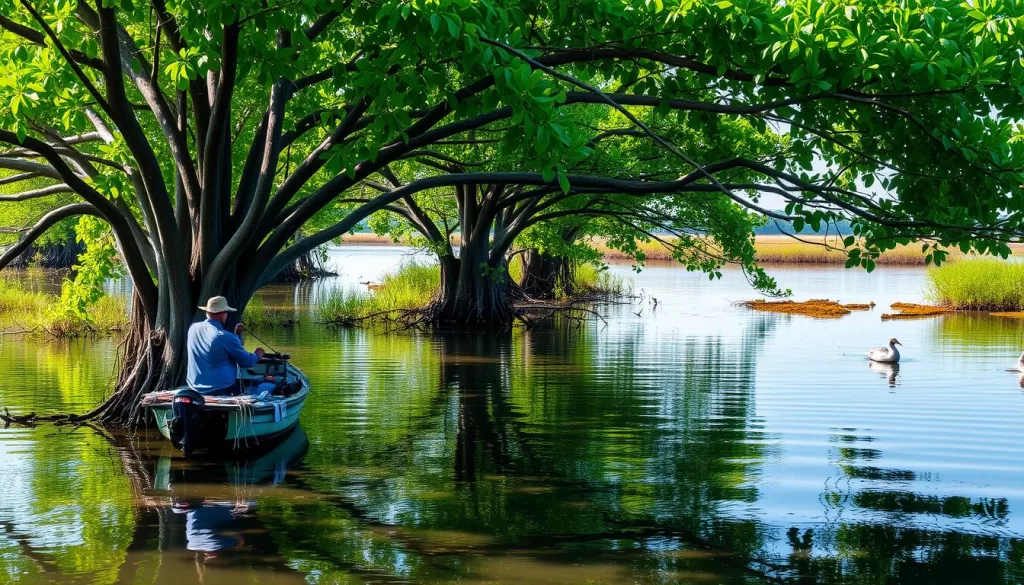
Line Management Around Roots
Managing your line is vital when fishing around mangroves. The roots and branches can easily catch your line. Use a line with at least 10-15 lb test weight. Being ready to adjust your line quickly helps avoid tangles and boosts your catch chances.
Prime Locations for Tampa Bay Mangrove Fishing
Tampa Bay is the top spot for an amazing saltwater fishing adventure. Its mangrove tunnels and shallow flats offer a wide range of fishing spots. The mangrove tunnels, with their narrow paths and lots of cover, make for an exciting fishing experience.
Prime spots for Florida fishing in Tampa Bay include the Skyway Bridge area, the Hillsborough River mouth, and the bay’s shallow waters. These places are filled with fish like redfish, snook, and trout.
Here are some of the best fishing spots in Tampa Bay:
- Mangrove tunnels: narrow passages with abundant cover
- Shallow flats: seagrass beds and sandbars home to redfish, snook, and trout
- Skyway Bridge: a popular spot for catching a variety of fish species
- Mouth of the Hillsborough River: a great location for saltwater fishing and catching large fish
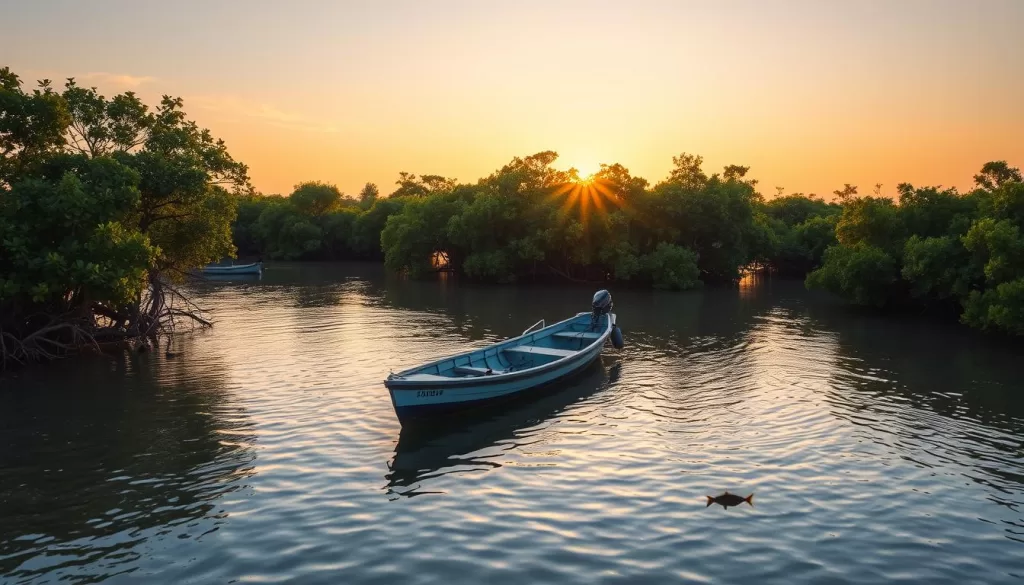
Whether you’re an experienced angler or new to fishing, Tampa Bay has something for everyone. Its unique fishing spots and variety of fish make it the ideal place for your next Florida fishing trip.
Seasonal Patterns and Timing
Understanding the seasonal patterns and timing is key for mangrove fishing in Tampa Bay. The mangrove habitat in Florida is perfect for many fish species. This makes it a favorite spot for fishing enthusiasts.
The best time to fish in Tampa Bay varies by species. For example, redfish and snook are most active from March to November. Winter is better for sheepshead and black drum. Tides also matter, as they change how fish move and act.
Peak Fishing Months
Some top months for mangrove fishing in Tampa Bay are:
- March to May: Ideal for targeting redfish and snook
- June to August: Perfect for catching species like tarpon and mangrove snapper
- September to November: Great for targeting species like redfish and sheepshead
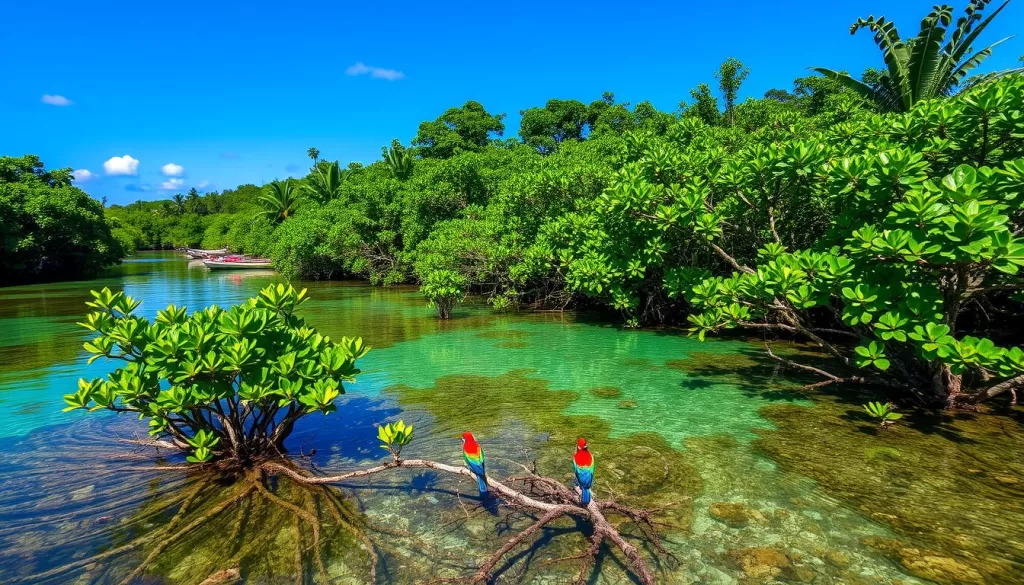
Tidal Considerations
Knowing the tidal patterns is crucial for mangrove fishing success. Tides change how fish move and act. It’s important to plan your trip with the tides in mind.
By understanding the seasonal patterns and timing, you can catch more fish. This makes your Florida fishing trip in the mangrove habitat even better.
Navigation and Safety Tips
Exploring Tampa Bay’s mangrove tunnels and shallow waters requires attention to your surroundings. Always wear a life jacket. Make sure your boat has safety gear like a first-aid kit, flares, and a VHF radio.
To have a safe and fun time, follow these safety tips:
- Keep an eye on the changing tides and weather
- Always follow local fishing regulations and guidelines
- Respect the mangrove habitat and avoid damaging the roots and branches
By following these tips and staying alert, you protect the mangrove habitat. This ensures a safe and enjoyable fishing trip. Always check the local fishing regulations before you go.
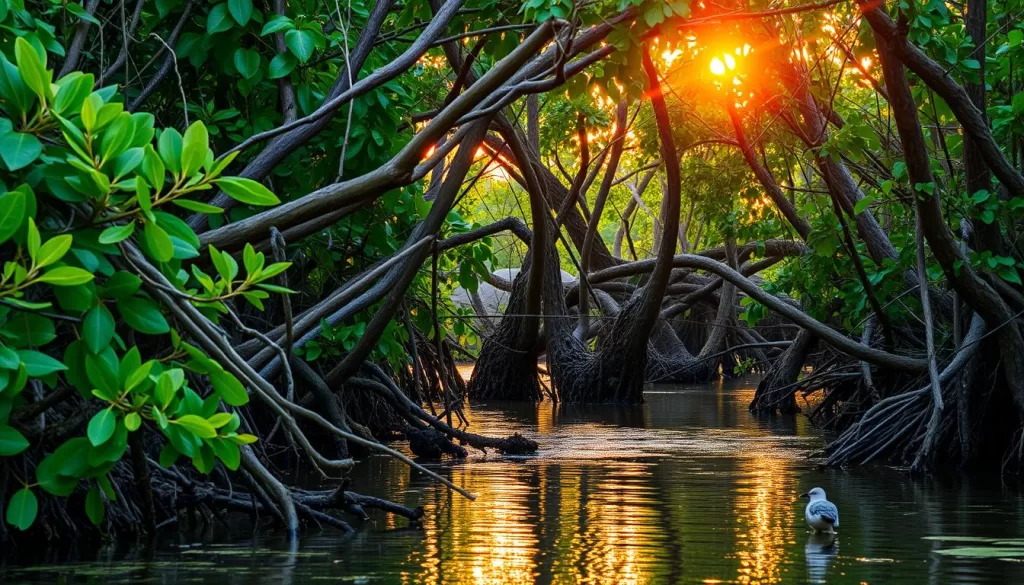
With the right knowledge and precautions, you can have a great mangrove fishing experience in Tampa Bay. You’ll also help preserve the mangrove habitat and follow all fishing regulations.
Conservation and Responsible Fishing Practices
As a responsible angler, it’s key to follow conservation practices. This helps keep the mangrove ecosystem and fish populations healthy for the future. It’s important to stick to fishing regulations to protect the environment.
Here are some important guidelines for fishing in Tampa Bay:
- Catch and release fishing to conserve fish populations
- Handle fish gently and release them quickly to avoid stress and injury
- Protect the mangrove habitat by not damaging the roots and branches
- Follow local fishing regulations and get the right licenses and permits
By following these guidelines and practicing conservation practices, anglers can help protect the mangrove ecosystem. This ensures the long-term health of fish populations in Tampa Bay.
Remember, it’s crucial to fish responsibly to keep the mangrove ecosystem healthy. By working together, we can safeguard this unique environment for future generations.
| Conservation Practice | Importance |
|---|---|
| Catch and release fishing | Conserves fish populations |
| Protecting mangrove habitat | Preserves nursery for fish species |
| Following fishing regulations | Ensures long-term sustainability of fish populations |
Conclusion: Making the Most of Your Tampa Bay Mangrove Fishing Adventure
Fishing in Tampa Bay’s mangrove ecosystems is an unforgettable experience. It lets you connect with nature and catch many different fish species. To enjoy your trip, bring the right gear, learn the key techniques, and care for this special place.
Follow local fishing rules, handle fish gently, and use eco-friendly fishing methods. This way, you help keep the mangrove ecosystem healthy for future generations. Enjoy the peaceful mangrove waters, feel the excitement of catching fish, and dive into Tampa Bay’s amazing fishing world.

